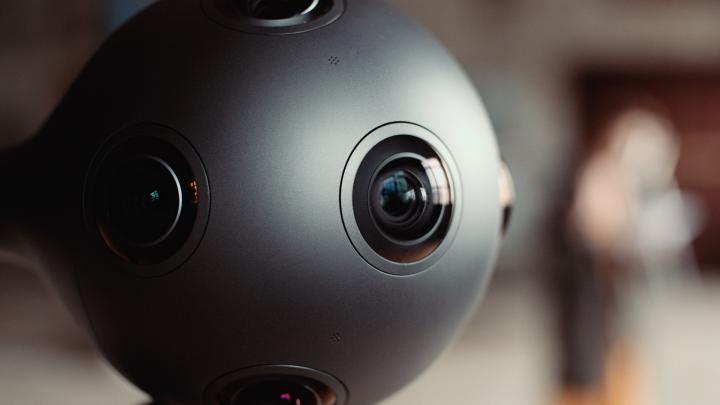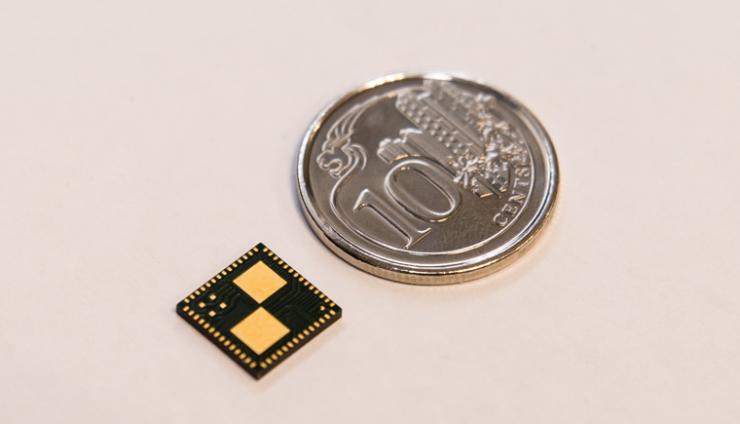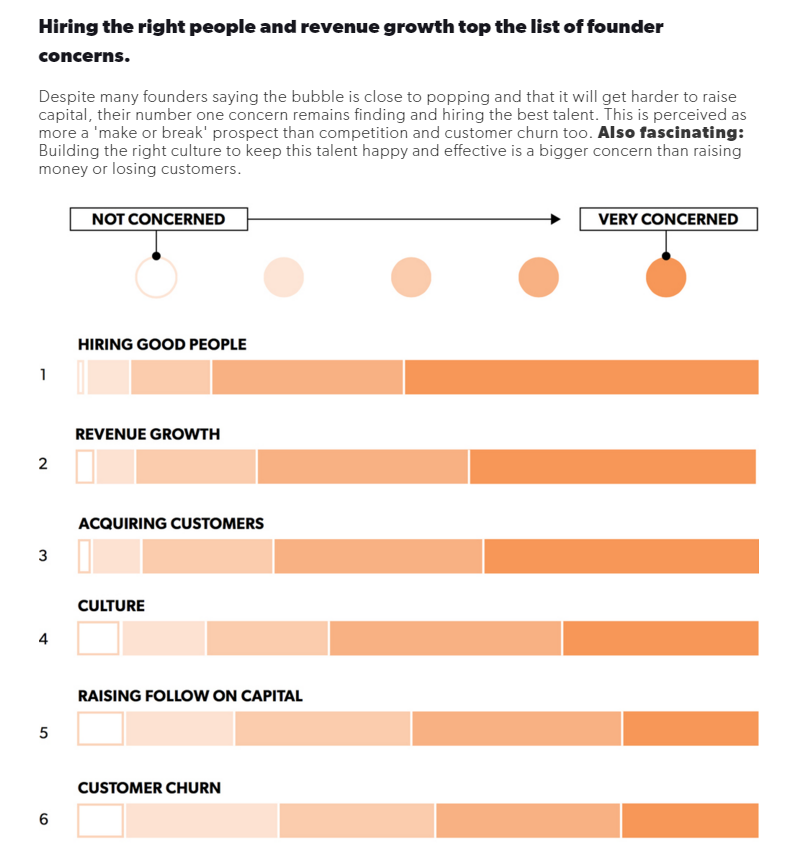Sections
You Are Your Phone
[avatar user=”malm” size=”small” align=”left” link=”file” /]
Nick Carr explains why through ever more sophisticated algorithmic analysis of phone metadata being conducted by corporations and state actors our phones provides a rich digital trail that can identify individual economic status and even whether or not you are a loan risk. Jaron Lanier may have railed against the Internet “deadening us as people” in You Are Not a Gadget, but increasingly it appears, you are your phone :
We see here how deeply entwined the phone has become with the self — a seamless extension of body, mind, and personality. It is so much a part of us that we are no more conscious of the device moment-to-moment than we are of, say, our hands. … imagine what would be revealed by a deeper analysis, one that examined the apps we use, the people we connect with, the things we look at and listen to, what we say and what we write and what we like, where we go, what we search for, the photos we take. It’s all there, public self and private self. There’s no shame in admitting the fact: You are your phone.
- The digital trace presented by Carr sure looks amenable to machine learning data mining approaches:

Mobile, Manufacturers and Devices
- Changes at the top of Samsung as long term mobile chief JK Shin steps aside in favour of Koh Dong-Jin, EVP of Samsung Electronics’s mobile research and development who led the S6 engineering effort. The Chairman’s daughter also gets a gig which is a more predictable elevation in what remains the ultimate Chaebol.
- One of the architects of JK Shin’s fall have been Xiaomi. They too are beginning to experience the perils of stratospheric growth with their $45 billion valuation looking vulnerable as further growth proves harder to find. They just struck a 4-year patent deal with Qualcomm in a move that both parties appear to need in different ways.
- Xiaomi are also finding India something of a struggle to crack. Apple meanwhile are eyeing it up as a key driver for future iPhone growth given the “big shift for Indian consumers now is toward devices with 4G connectivity built in“. Currently they enjoy a surprisingly low sub-1% market share. Their challenge will be making progress in a market heavily tilted towards affordable handsets:
How Tim Cook and his team reconcile the vast potential of India’s rapidly growing population of tech consumers with Apple’s tradition for selling premium devices at premium prices will be one of the more interesting business storylines going forward.
/cdn0.vox-cdn.com/uploads/chorus_asset/file/4295497/prAP40636015-F-1.0.png)
- A premium company that has really struggled with the relentless pace of its more affordable rivals is Bang & Olufsen. It’s been loss-making three years straight and now looking for a buyer:
“in the long term the company will benefit from a partnership or a buyer with more scale in an interchangeable technological industry.”
- Nokia however seem keen to cement their post mobile phone reinvention with an ultra-premium $60,000 VR camera called OZO. It represents something of a bet that VR will take off in a big way:
Nokia is betting the technological wave of virtual reality will be big enough that companies will shell out $60,000 for a camera that can capture immersive views of the world.
- Firefox don’t need Google’s money anymore thanks to “regional deals with other search engine companies, notably Yahoo in the United States, Baidu in China and Yandex in Russia.“
- IBTimes report on a smart charging chip that “will make batteries safer and could charge your smartphone in under 10 minutes“.
- The Guardian provided a profile ARM, “Britain’s most successful tech company you’ve never heard of“. Unless you work in tech of course in which case you’ll be all too familiar with them and with their classic tech playbook business model:
the key to its success, it seems, is that it has cracked the goal of every business in the world: it gets paid multiple times for the same work. The chip layouts that are its bread and butter are general-purpose enough that they can be reused again and again in different situations.
Apps and Services
- An ex-Netflix Marketing exec explains on LinkedIn why a unique combination of subscription model, brand, original content, company culture and sheer luck have put Netflix in an almost unassailable position in his view:
Netflix is poised to be THE global leader in streaming entertainment. That didn’t happen by accident. It’s a combination of innovation, strategic thinking and, to be fair, a little luck. Copying that exactly would be impossible.

- Good post on the pernicious impact of the ubiquitous signup screen. In spite of widespread understanding of the negative impact it has, many brand apps insist on retaining the off-putting registration form:
Since the rise of app analytics onboarding steps are heavily bmeasured and many app developers see that more than 50% new users immediately abandon a freshly downloaded app if they are confronted with a signup screen.
- And yet, the author points out that with iCloud it is possible to use a 33-character iCloud token in your app to avoid asking the user for email or any other credential. This token can be used for subsequent app-specific push notifications to the corresponding iPhone:
That iCloud ID token …
is globally unique, every user has it’s own token similar to an email
it is the same on every device of a user
it does not unveil any user details like his email address
is different for every app
- TechCrunch review the many ways in which hungry 3rd party entrepreneurs are ‘eating the world’ using the WeChat messaging platform. WeBank is attempting to disrupt the banking world with a proposition that promises “to introduce a camera-based facial recognition system for the approval of bank loans, and offer the option of linking your WeChat account to a standard bank card”:
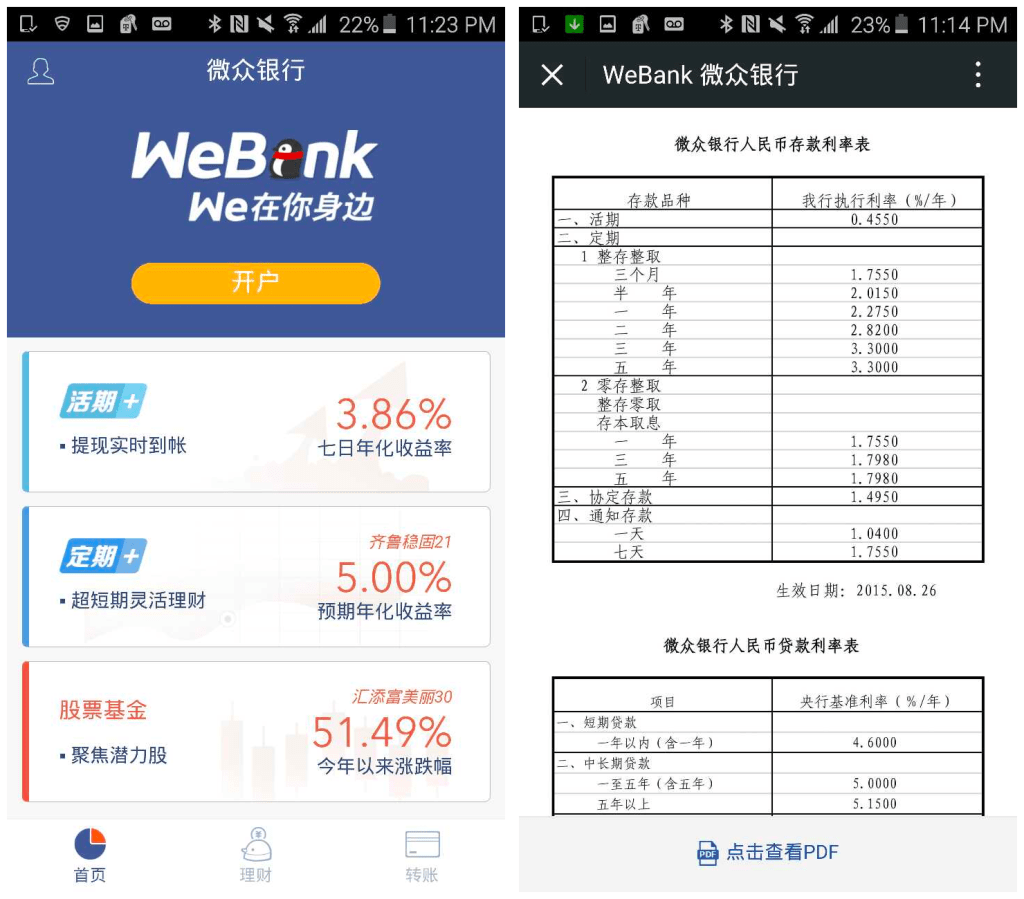
Google and Android
- Andy Rubin is reportedly going to be starting his own Android phone company. Even Mr Rubin will need to be doing totally different out of the box to make any real dent on a saturated market and well-worn conveyer belt through the ODM supply chain that brands are piling up to get onto:
This supposed Rubin Android startup will need to have an angle, and thus far it’s not clear what that would be. Perhaps it will have something to do with Google’s proposed hardware component designs.
Cars
- Terence Edent outlines his adventures to date reverse engineering the closed REST APIs in his BMW i3 electric car:
The ultimate aim is to get access to all the car’s functions which are exposed by the API

Cloud and Digital Transformation
- HBR on why executives are ultimately culpable for poor enterprise IT decisions and “get the IT they deserve“:
“most executives don’t recognize that consumer IT and enterprise IT are different animals. They don’t understand that they must play the pivotal role in the critical decisions that shape enterprise IT … In the corporate world, users usually get what they are given because their leaders have not bothered to define what they want. Executives who don’t take the time to develop a digital strategy get the IT they deserve.”
- Revealing BusinessInsider piece quoting ex-Barclays CEO on how Fintech is coming and going to disrupt the old Banking industry forever with its own Uber moment.
a new wave of tech-savvy startups that can do things better, faster, and cheaper than the big banks will disrupt their traditional businesses like lending, payments, and wealth management.
- Staying with the theme of banking disruption, ComputerWorld revealed how Tesco Bank conducted a hosting shift from on-premise infrastructure to AWS in just 8 months. AWS sounds like the new normal there.
- ComputerWorld also covered why the Guardian has also gone all-in on AWS after an OpenStack “disaster” while British Gas has rowed somewhat in the other direction.
- Paul Johnston on how two other great Amazon technologies, AWS Cognito and Lambda, can be combined with AWS API Gateway to create truly “serverless” apps. Cognito deals with authentication and Lambda with backend request processing paid for in 100ms slices.
- InfoQ post from a director of Engineering at Salesforce on how to be successful running Docker in production reveals that 70% of Salesforce IQ is now running in Docker:

- Last week’s blog highlighted a Brain Pickings post about Luke Howard, the Namer of Clouds. And now courtesy of a reader, a photo of his blue plaque spotted in Tottenham where he “lived and died”. It seems an incongruous place to be staring at the sky.
Hardware and the Internet of Things
- The Raspberry Pi Zero continued to garner praise and mainstream interest as a $5 computer. And within a few days of release, some impressive hacks were on display. One from Terence Edent involved running a prebuilt image of RetroPie on a Pi Zero crammed into an XBox controller. Hackaday considered what niche the Pi Zero might eventually occupy pointing out the clear Achilles Heel of all the various Pi’s:
The biggest problem of the Raspberry Pi is something that has existed for years now: corrupted SD cards. This problem pops up time and time again on forums, and after Christmas will undoubtedly pop up even more.
- How to listen to satellites with a $30 setup constructed from commodity hardware and the open source GQRX software-defined radio stack (SDR).
- LiFi probably won’t be the new WiFi for most because “it’s not clear if the benefits of faster wireless communication will outweigh the costs of constantly-on LED light.“
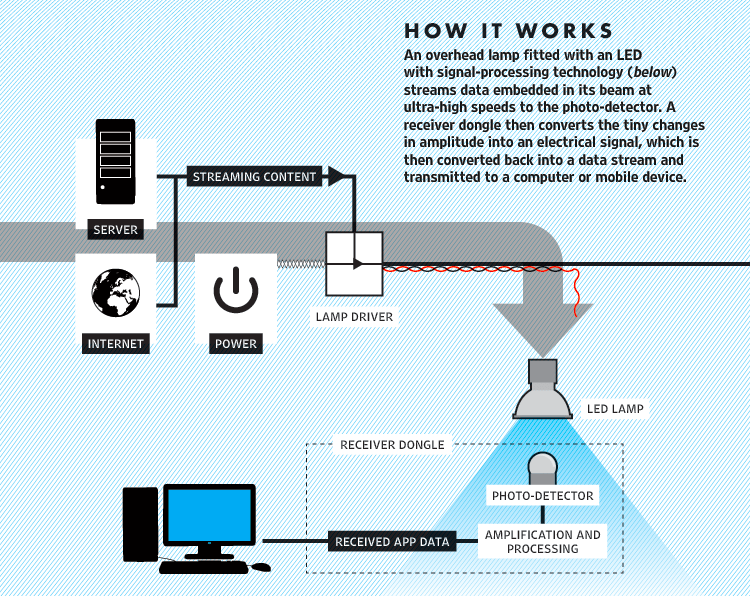
Smart Retail
- Bloomberg reflect on the relative failure of Bluetooth beacons to take off in the retail space two years after being announced to much fanfare:
A survey conducted by Forrester earlier this year found that only 3 percent of retailers use beacons; just 16 percent had plans to try the technology in the foreseeable future.
Artificial Intelligence
- A short history of AI and “why it’s heading in the wrong direction” for the author:
How can the man or processor be intelligent if does not understand what it’s doing? … Intelligence should be defined by the ability to understand.
- Ray Kurzweil spotted pushing the “human brains will be connected to the cloud by 2030” trolley wagon again. The article contains an eyebrow-raising claim that we have nothing to worry about from ASI because it is a technology analogous to fire, somewhat of a false dichotomy:
fire provides a way to cook, but we have managed somehow to keep from burning everything down. The same rules apply here. We have taken the necessary precautions to safeguard ourselves from these horrors.
- Hope they get 100% uptime sorted out by then too:
- Meanwhile back on earth:
We've all been worried about artificial intelligence. Really we should all be worried about lack of intelligence. pic.twitter.com/4Fqx2oPsEL
— 🍪Steven Sinofsky ॐ (@stevesi) November 27, 2015
Software Engineering
- Apple has open sourced Swift. InfoQ provided a good breakdown of what they released and what it means for developers. For ArsTechnica it’s the clearest possible signal for those still wedded to Objective-C:
Swift is clearly where most of the future investment is going, and Apple would prefer that developers starting new projects start them in Swift if possible.
- Rob Pike, the author of Go on why Simplicity is actually Complicated:
Startups and Innovation
- FirstRound’s state of startups 2015 survey provides a wealth of insight into the US startup scene from over 500 founders. One of the most interesting revelations was that hiring good people was the top of the list of founder concerns with building the right culture at number four:
- The full deck is linked here:
- Quora remains an absolute treasure trove of interesting information. Here’s yet another great example with a fascinating response to the question of what the founder of a 100m worth startup would be expected to make on exit. The answer of course is that it depends but the range presented here is eye-opening and reveals the inherent unpredictability of outcome in startup land.
- More from FirstRound, this time great insights into scripts for sales calls, emails and demos that close the deal. Important because your “new idea is worthless until you know how to sell it“.
- Steve Jobs, Apple and innovation:
Steve Jobs: “innovation has nothing to do with how many R&D dollars you have.” https://t.co/rz2MWE2zAL pic.twitter.com/wlYiaUlT85
— Kontra (@counternotions) November 30, 2015
Science
- NYT on Coca Cola, obesity research and their compromised chief scientist.

Wave motion at the surface of water is made up of small circular motions of parcels of water. pic.twitter.com/m6VSYKCYMF
— Exploratorium (@exploratorium) November 28, 2015
Culture and Society
- Japan’s buzzword of the year is ‘bakugai‘. It means “explosive shopping spree by the Chinese“.
- Internet self-defense for kids should be built around digital and code literacy according to this correspondent:
In order to diminish hate speech and increase digital diversity, we have to teach kids how to code.
- Meanwhile reports emerged this week of people in Brazil having racist tweets placed outside their homes on huge billboards. It brought to mind this classic Freddie Mercury story highlighted in Reddit TIL about one trick he used to deal with hecklers.
- Motherboard on the curious world of quantified stoners who combine data nerdiness with a quest for high quality unadulterated weed leading to ‘stoner-centric’ apps like Leafly aimed at ‘trimmigrants’:
Quantified stoners wear FitBit and Jawbone wristbands to track their daily activity, log their runs and bike rides on apps like Strava and RunKeeper, graph their moods, keep spreadsheets documenting their sex lives, and now optimize their buzzes with high grade weed and a range of data-enriched gadgets to go with it.
- They do like their gear:
- If you haven’t seen this trending tweet, it’s worth reflecting on the speech of Benn the father nearly 20 years ago with that of his son this week. And yes, that’s Jeremy Corbyn in the background.
This speech should actually go down in history. https://t.co/XgUFj9WwAn
— Mzee Edd🇰🇪 (@005e5n) December 2, 2015
